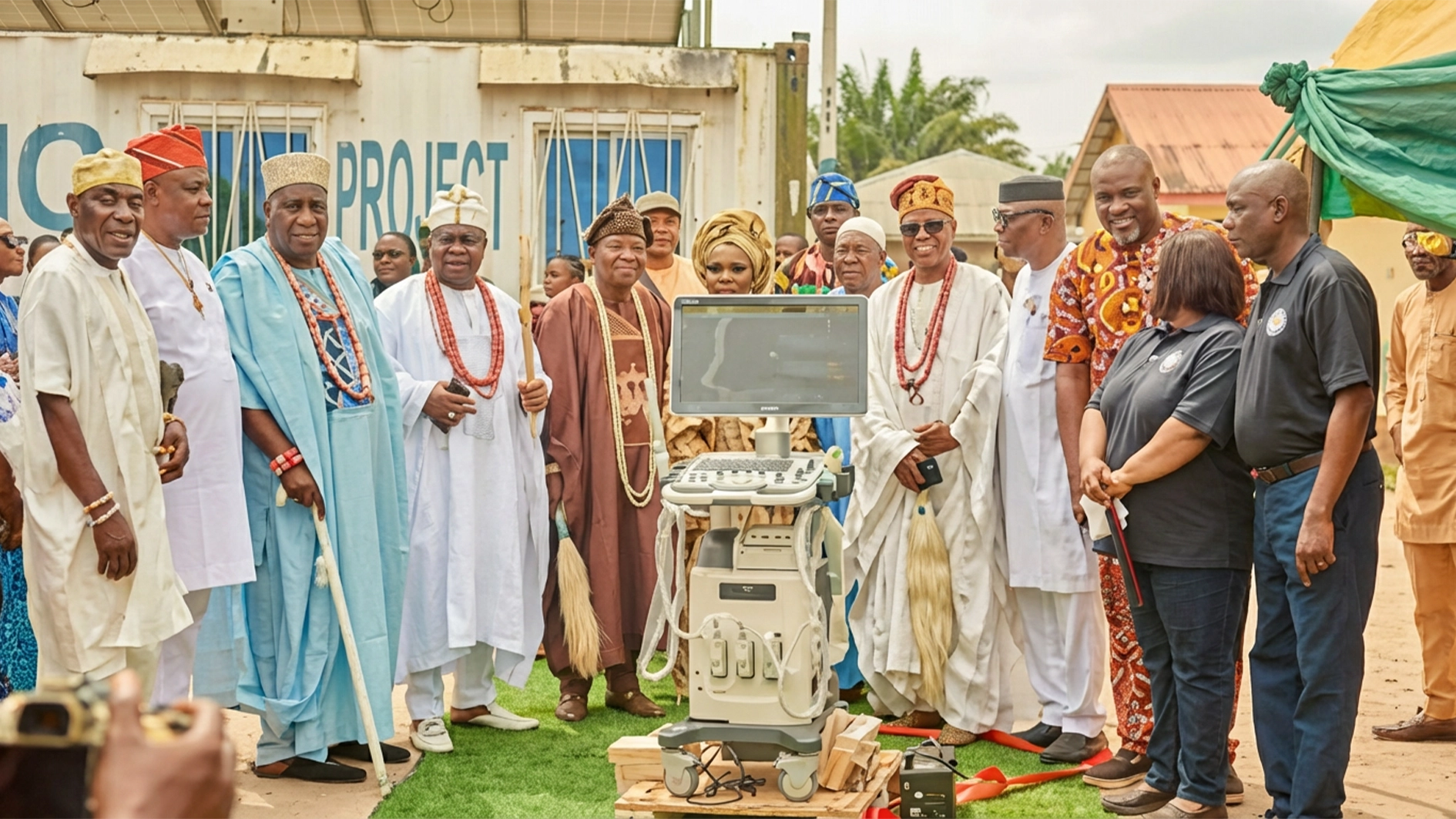China has introduced its first ‘smart’ high-speed trains to connect Beijing and Zhangjiakou, the two host cities of the 2022 Winter Olympics.
Its new possibilities in the area of intelligence, project duration, travel speed and depth of investment are lessons to many countries, including Nigeria.
The carriages are equipped with an automated driving system, 5G signals, intelligent lighting as well as wireless charging docks, and can travel at a top speed of 350 kilometres (217 miles) per hour.
The Lagos-Ibadan standard gauge express track of 157 kilometres, under the purview of the Chinese Civil Engineering Construction Company (CCECC), currently has a test-run travel time of three hours, and abysmally slow compared to lengthier Chinese new train that already has a 47 minutes travel time.
The £6 billion speed train project is the first ‘smart’ high-speed railway in the world, a Chinese expert has claimed.
Covering 174 kilometres (108 miles) with 10 stops, the Jing-Zhang High-speed Railway officially entered service late December, after four years of construction.
The Lagos rail line of 35 kilometres, undertaken by the Lagos Metropolitan Area Transport Authority (LAMATA), has been under construction since 2008 and now has a proposed 2022 completion date.
Self-driving Fuxing bullet trains, whose name means ‘rejuvenation’, currently operate on the rail line, which is a vital part of China’s expanding high-speed transport network, according to China State Railway Group.
The trains are guided by the nation’s domestically developed global satellite navigation system Beidou. The £7 billion ($9 billion) project will be completed next year and has been designed to rival and eventually replace the US-developed Global Positioning System (GPS).
A senior engineer at China Railway Engineering Design and Consulting Group, Li Hongxia, said the Jing-Zhang High-speed Railway had realised the missions of smart construction, smart equipment, smart operation, and made the history of the global smart railway.
Hongxia regarded the completion of the line as a milestone in the country’s rail history.
It cost 58.4 billion yuan (£6billion) to build, according to a national plan, and cuts the travel time from Beijing to Zhangjiakou in neighbouring Hebei Province from three hours and seven minutes to 47 minutes.
Although the trains are programmed to operate on their own, there will be a driver on board to monitor the automated operation and handle an emergency.
The trains will even be maintained and repaired by robots. According to Di Kemeng, a project engineer from the China Railway Seventh Group, his company has replaced workers with machines to carry out fixes under the carriages and on the railway tracks.
The first smart bullet train departed from Beijing North Railway Station at around 8:30 am.
Among the excited passengers was Yang Yang, the first Chinese winter Olympics champion, who won two gold medals in short-track speed skating in 2002 Winter Olympics in Salt Lake City.
Yang, 43, told Xinhua News Agency that Beijing-Zhangjiakou High-speed Railway was important to the preparation of the 2022 Olympic and Paralympic Winter Games.
“It can improve the efficiency of our work, promote China’s winter sports, and boost the ice and snow economy,” said the retired athlete, who is now chairwoman of the Athletes’ Commission of Beijing 2022 Winter Olympics.
According to previous reports, passengers will be able to store their snowboards in dedicated spaces and watch games live on the high-tech ‘2022 Beijing Winter Olympics Express’.
All stations along the railway line will have also various AI-powered robots to serve passengers. Their tasks will include transporting luggage and giving directions.
However, there is a limit to comparing China with other countries. China has the world’s largest railway system, which measures 139,000 kilometres (86,370 miles), enough to wrap the Earth three times by the equator.
Its fast-growing high-speed rail network, also the world’s largest, covers 35,000 kilometres (21,747 miles) as of 2019.
China is investing heavily in the construction of its rail system. It plans to spend no less than 2.8 trillion yuan (£307 billion) building no less than 23,000 kilometres (14,291 miles) of new railways between 2016 and 2020, according to a government plan.
Xinhua News Agency reported that Beijing completed its largest-ever investment in railway construction between 2013 and 2017.
Nearly 30,000 kilometres (18,641 miles) of tracks, more than half of which are high-speed rail, were completed at a total cost of 3.9 trillion yuan (£428 billion).
The country’s newest high-speed train model is ‘Fuxing’, or ‘Rejuvenation’, which runs at a speed of 350 kilometres (217 miles) an hour. The model prior to ‘Fuxing’ is called ‘Hexie’, meaning harmony.






